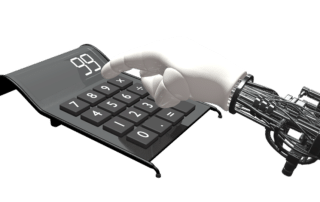Nudge Action: Overcoming Decision Inertia in Financial Planning Tools
Robo-advisors help investors deal with the complexity of the stock market. However, users of these new decision support systems are not immune to decision inertia – repeating supoptimal investment strategies regardless their negative financial consequences. I investigate two possible nudges to help user overcome decision inertia in robo-advisory environments.











